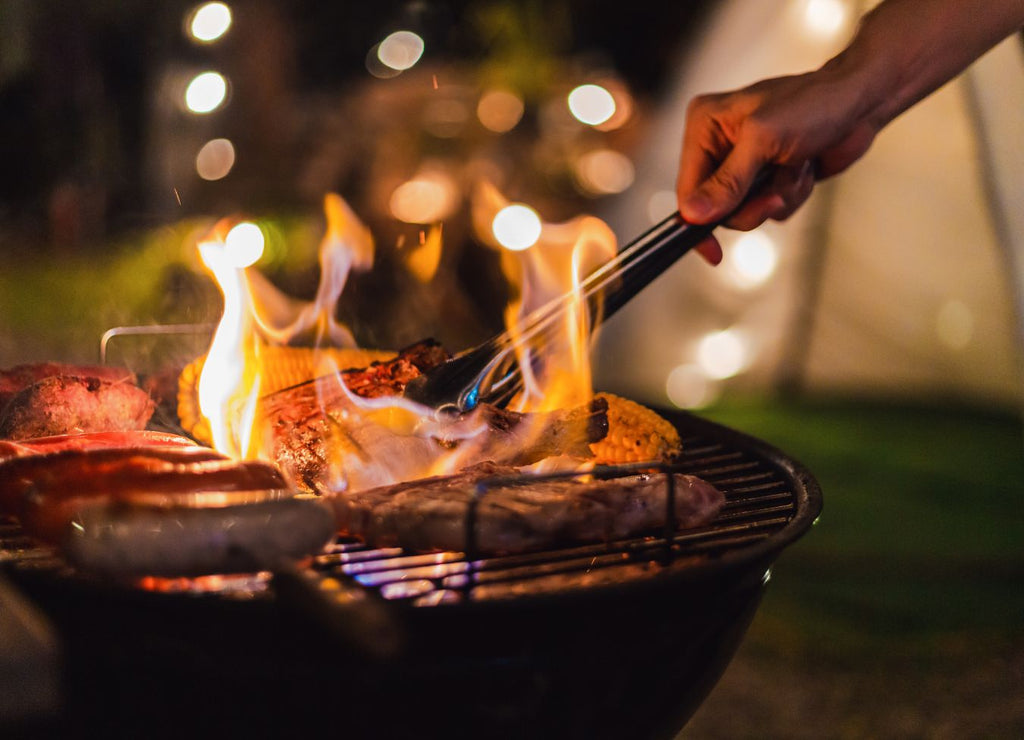Wilderness Wisdom: Mastering Camp Cooking and Nutrition in the Great Outdoors
Efficient Meal Planning:
- Plan meals that are nutritious, easy to prepare, and require minimal ingredients. Consider prepping some meals at home to reduce cooking time and effort at the campsite. Opt for lightweight, non-perishable ingredients like pasta, rice, and canned proteins.
Cooking Gear Essentials:
- Invest in a compact, reliable camping stove. A portable grill can also add variety to your outdoor cooking. Don't forget essential utensils, a lightweight pot, and a cast-iron skillet for versatility.
- Check out REI's Guide to Camp Cooking Gear for a comprehensive list of what you might need.
- Maintain proper food hygiene to prevent spoilage and foodborne illnesses. Use insulated coolers for perishables and keep them out of the sun. Always cook food to safe temperatures and store leftovers securely.
- Minimize waste by using biodegradable soaps for cleaning and packing eco-friendly, reusable utensils and plates. Dispose of waste properly and avoid leaving any traces behind.
- Staying hydrated is crucial. Carry enough water and consider a portable water filter for longer trips. Focus on high-energy, nutrient-dense foods to maintain your energy levels while hiking or exploring.
- Explore Trail Recipes for nutritious and high-energy meal ideas.
Creative Campfire Cooking:
- Experiment with campfire cooking for a traditional camping experience. Use a fire ring if available and try recipes like foil-wrapped veggies, grilled meats, or even simple bread-on-a-stick.

Dealing with Wildlife:
- Keep your cooking area clean and store food items securely to avoid attracting wildlife. Use bear-proof containers where necessary and never leave food unattended.
Leave No Trace Cooking:
- Adhere to Leave No Trace principles in your cooking and cleaning. Use established fire pits for cooking, and ensure your fire is completely out before leaving the site.
- Be prepared to alter your cooking plans according to weather conditions. Have a backup plan, like ready-to-eat meals, in case of rain or high winds that make cooking difficult.
Cultural Culinary Exploration:
- Add a twist to your camp cooking by exploring local cuisines. Purchase local produce or seafood if available, and try incorporating regional flavors into your meals.
Cooking in the great outdoors can be a delightful experience that enhances your camping adventure. By following these tips, you can enjoy delicious, nutritious meals that fuel your journey and respect the environment.






